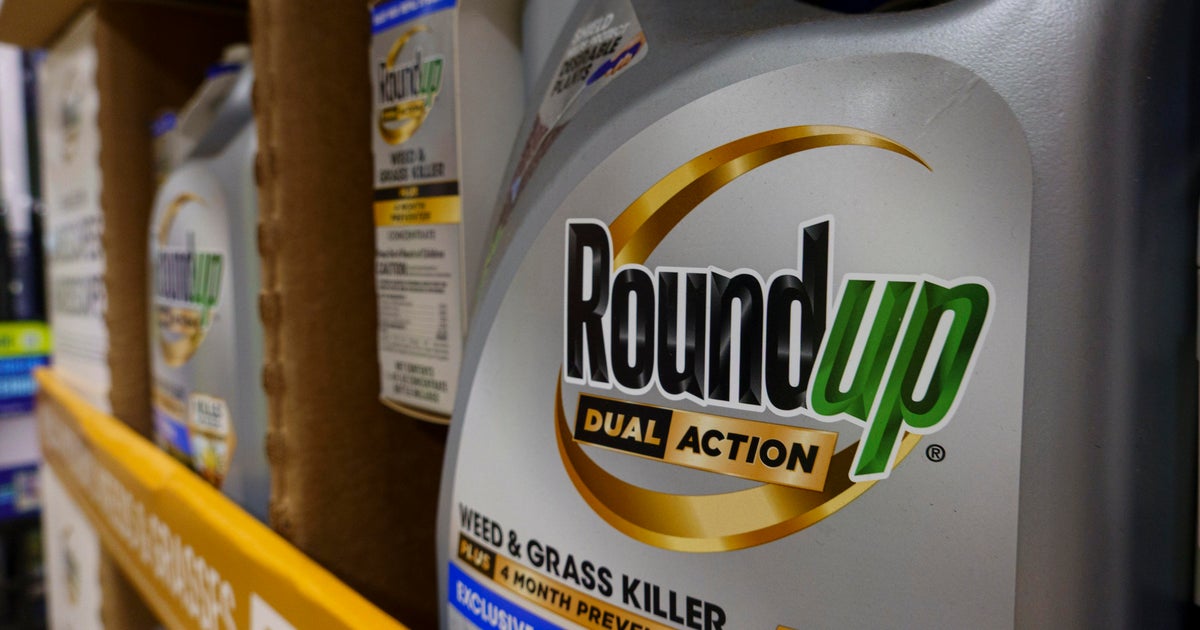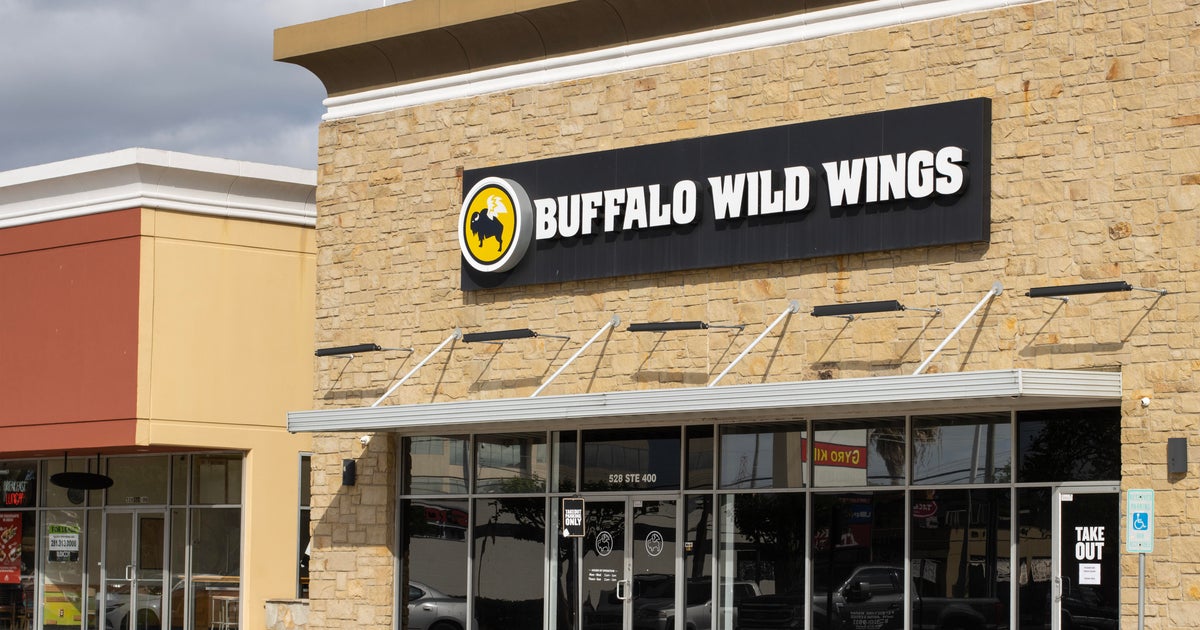Walmart sued over marketing of homeopathic treatments
- Retailers sell alternative remedies as safe and effective, even though no evidence backs up their marketing, lawsuits filed by the Center for Inquiry claim.
- The Center for Inquiry earlier sued CVS over the practice, but both companies say they follow the law and count on suppliers to do the same.
- The U.S. Food and Drug Administration doesn't evaluate homeopathic cures, although the agency at times has warned against some products.
Homeopathy -- an alternative medical practice developed in the late 1700s -- is a multibillion dollar industry in the U.S., where remedies unproven by science can be readily found online and at local stores. At one time prescribed primarily by homeopathic practitioners, homeopathic cures for ailments are now found alongside more conventional treatments, leading to claims that the nation's largest retailer is misleading consumers about the safety and effectiveness of homeopathic treatments.
A lawsuit filed last month by the nonprofit Center for Inquiry accuses Walmart of widespread fraud and risking its customers' health by not drawing a sharp distinction between medicine and homeopathic treatments. The suit echoes claims the advocacy group made last year in a suit against CVS Health.
"Walmart sells homeopathics right alongside real medicines, in the same sections in its stores, under the same signs," Nicholas Little, CFI vice president and general counsel, said in a news release. "Searches on its website for cold and flu remedies or teething products for infants yield pages full of homeopathic junk products. It's an incredible betrayal of customers' trust and an abuse of Walmart's titanic retail power."
Walmart, however, said it counts on its suppliers to follow legal rules, including labeling laws. "Our Equate private label homeopathic products are designed to include information directly stating that the claims are not based on accepted medical evidence and have not been evaluated by the FDA," the retailer told CBS MoneyWatch in an emailed statement. "We take allegations like these seriously and will respond as appropriate with the court."
CVS has dismissed the civil complaint against it as having "no merit," adding that it offers some homeopathic remedies in compliance with the FDA and the Federal Trade Commission. "We are committed to assuring that the products we offer are safe, work as intended, comply with regulations and satisfy customers," a spokesperson emailed.
The FDA has issued warnings
The FDA doesn't evaluate homeopathic products for safety or effectiveness, although the agency has at times warned consumers about certain homeopathic offerings, including teething tablets sold by CVS in 2017.
As many as 10 percent of kids get homeopathic remedies from parents, especially for problems like teething and ear infections, according to the National Capital Poison Control Center. That decision reportedly proved fatal for a 7-year-old Italian boy, whose parents recently received suspended sentences for manslaughter for giving their son homeopathic remedies instead of antibiotics when he developed an ear ache.
CFI has been in negotiations with CVS since filing suit against the pharmacy chain, said CFI's Little. "We have been attempting to negotiate a solution that avoids the need for court involvement, while also ensuring that consumers receive the information about homeopathic products to which they are entitled." With some issues still unresolved, the parties recently agreed to file initial motions in the case, he added.
Similar concerns -- although not directly aimed at Walmart or CVS -- were raised by the Center for Science in the Public Interest, which questioned the marketing of homeopathic drugs in groceries and drugstores alongside over-the-counter treatments for common diseases or conditions. "These products may be confused with safe and effective treatments, creating a risk of consumer fraud," CSPI said last year in voicing its support for regulatory oversight of the industry.
"People assume that these products are safe because they're considered 'natural' and are available over the counter in chain pharmacies and grocery stores," added Sarah Sorscher, CSPI's deputy director of regulatory affairs.



